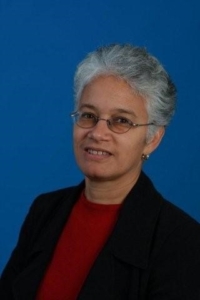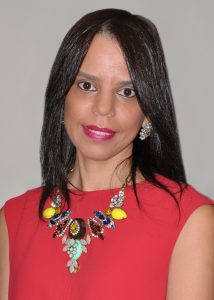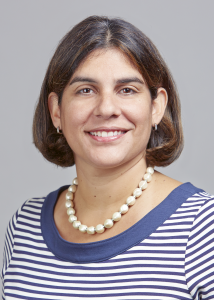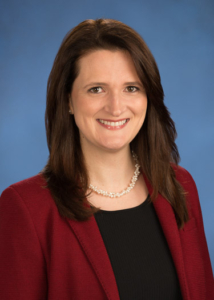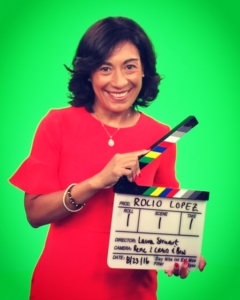
Image via Shutterstock
You know we have to focus on a problem when the number of men and women starting off in law firms is 50/50 but then women are only at a 22% partnership level,” Shira Nadich Levin, partner at Cooley LLP alerted a special seminar of the Legal Marketing Association’s Metro New York chapter dedicated to developing business for female lawyers.
The solution? Some suggest that a Women’s Initiative can go a long way in helping solve this issue.
But how do you start one and, harder still, how do you keep it going? Here are some anecdotes from the event that hold true all year around.
Ms. Levin, who chairs Cooley’s Women’s Initiative, along with Julie Cohen, Marketing Director at Sidley Austin LLP; and Tracy Fink, Director of CohnReznick’s Executive Women’s Forum (EWF) offered their advice and experiences to an audience in position to effect change – business development leaders at many of the top law firms. Their top tips included:
Tip #1 Start with a clear mission and stick with it. “We plan meaningful events and experiences that create value to those who attend,” said Ms. Fink about the mission of the Executive Women’s Forum, which she created as a business development initiative for CohnReznick, the accounting firm where she was in a marketing director role.
Ms. Fink formed the EWF a little less than a decade ago, when women’s initiatives were not as prevalent as they are now. Women were struggling with balancing their lives and “we didn’t have Millennials who were very vocal about the workplace.” The Forum has since become a huge success, aligning with the strategic goals of each office, including bringing in business, enhancing the firm’s brand, and creating a haven for female employees and clients to develop and deepen relationships.
Tip #2 Be flexible and listen to your members. Ms. Fink envisioned that the Forum would offer events on substantive issues. What she found is that “women came and said, ‘we want to talk about what really matters in our lives.’” So, programs today are an eclectic mix of business and life skills, such as the power of kindness, mindfulness in the workplace, and a women’s golf event. “Through the EWF, we’ve introduced more than 350 women to golf,” she stated.
Tip #3 Think of events that allow members to “loosen up.” One particularly successful event that Ms. Cohen hosted for her group at Sidley featured a female poker expert who taught the group how to play poker and use poker skills to present themselves to clients and peers. “We had more than 150 people. The women were letting their guard down, and they used the time to connect with clients,” she related. The program received such great feedback that the group did a follow-up event a few months later for an “open play” poker session that attracted even more attendees.
Tip #4 If a program doesn’t work, don’t be afraid to tweak it. Cooley’s Women’s Initiative replaced their traditional mentoring program with what it calls “connection circles.” They firm came up with this, explained Ms. Levin, when the members realized a strict mentoring program that paired mentors to mentees was not effective enough and required constant follow-up with each mentor to make sure the system was working. The firm instead created groups of eight to 11 female members at various levels who get together informally. “We even planned somebody’s wedding at our last gathering,” she joked. But these gatherings enable the members to form much better connections than one-on-one pairings.
Tip # 5 Seek creative solutions to members’ problems. The Cooley’s Women’s Initiative created the liaison program as another way to improve life at the office for women attorneys. This program came about in a year when several young women happened to take maternity leave at the same time. When they returned, the women all felt that their re-entry was not really noticed. The firm, as a result, now assigns a liaison to each woman on leave to keep in touch during her leave and help with issues upon her return. “It has made a complete difference with little effort,” Ms. Levin reported.
Tip # 6 Pay no heed to the naysayers. All three panelists cited the usual resistance from within the firm: why should there be a group just for women? “Because,” said Ms. Fink, “when women succeed, everyone wins.” In a professional world where clients expect diversity from their law firms, “creating that culture is important,” said Ms. Cohen. “There’s no shortage of information on the business case for diversity,” Ms. Levin added.
“Creating a committee won’t solve all your problems,” stated Ms. Cohen, “but you can empower women to go up to the men who meet on their own and say ‘I’d like to join you next time.’”
Rosemarie Yu is Principal of Yu Communications, a New York-based communications consultancy specializing in professional services. She can be reached at ryu@yucommunications.com

